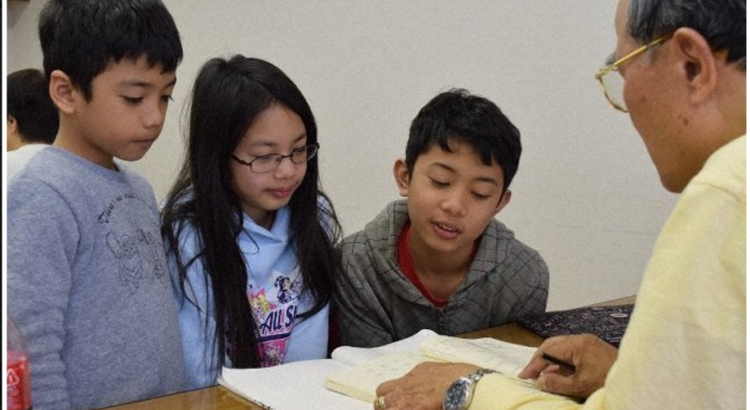Asia/ Japan/ 01.10.2019/ Source: mainichi.jp.
– Local governments cannot confirm whether some 17% of elementary and junior high school-age foreign children registered as residents in Japan are attending school, an education ministry survey released on Sept. 27 has shown.
The Ministry of Education, Culture, Sports, Science and Technology conducted a survey this past May and June on whether 124,049 school-age children of foreign nationality registered as residents in 1,741 cities, towns, villages and wards across the country as of May 1 this year were attending school. The ministry also looked into the situations of Japanese-language education for school-age foreign children in these municipalities as of May 1 last year.
The survey results show local bodies cannot confirm whether 21,701 children, or about 17.5% of the total, are attending school.
Among these children, local governments are unsure whether 18,654 are attending school for reasons such as the children not being at their registered residences. For another 3,047 of the children, it is unclear whether they are attending school because they have moved out or left the country or are planning to do so. About 1,000 children are not attending any school, the survey shows.
In particular, there are numerous children in urban areas where local bodies cannot confirm their attendance at school. Tokyo has the largest number of such children at 8,040, followed by Kanagawa Prefecture south of Tokyo at 2,382, the central Japan prefecture of Aichi at 1,999, Chiba Prefecture east of Tokyo at 1,564 and the western Japan prefecture of Osaka at 1,516.
Municipalities have confirmed that 101,399 of the school-age children of foreign nationality are attending schools across the country. Of them, 96,395 are enrolled in public or private schools and special needs schools, while 5,004 children are attending schools for foreign nationals and other similar institutions.
The survey also revealed that many local bodies have failed to extend adequate assistance to foreign school-age children. Of the municipalities surveyed, 65.3% replied that they have not taken any particular measure to support foreign school-age children whose school attendance they cannot confirm. A total of 17% answered that they visit the homes of children who they cannot confirm are attending school to ascertain the children’s whereabouts and provide information on school enrollment, while 16.5% call the homes of school-age children if they are unsure whether the children are attending school. Some 12.3% responded that they continually send documents on school enrollment to the homes of such children.
Under Japan’s Constitution, Japanese nationals are obligated to make sure that their children of compulsory education age attend school, and local boards of education are supposed to investigate the whereabouts of schoolchildren who have been absent from school for long periods or whose whereabouts cannot be confirmed.
However, since the parents and guardians of non-Japanese nationals of compulsory school age have no obligation to send their children to school, the question of how to respond to such children who cannot be confirmed to be attending school is left to the discretion of local bodies.
In some cases, foreign children who have been absent from school for a long period are removed from registers or simply abandoned.
In the survey, a record 50,759 children across the country were deemed to need Japanese-language education — an increase of 6,812 from the previous survey in 2016. Of these, 40,485 were foreign nationals and 10,274 were Japanese. These children include 11,008 who cannot receive Japanese language lessons.
A separate survey that the Mainichi Shimbun conducted this past January on 100 municipalities that have large foreign populations showed that it was unclear whether some 16,000 foreign children were attending school, prompting the ministry to launch a nationwide survey.
Source of the notice: https://mainichi.jp/english/articles/20190927/p2a/00m/0na/011000c








 Users Today : 4
Users Today : 4 Total Users : 35460021
Total Users : 35460021 Views Today : 8
Views Today : 8 Total views : 3418639
Total views : 3418639